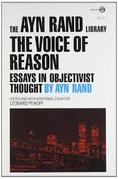 I started off the new year of reading with some philosophy. After reading Aristotle’s Nichomachean Ethics, I began to read The Voice of Reason: Essays in Objectivist Thought by Ayn Rand and Leonard Peikoff. This book was the next one on my Ayn Rand to-do list, and it was a collection of published essays and lectures she and Peikoff gave to students and businessmen. My favorite essay was “Apollo 11,” where her infectiously enthusiastic writing describing her witnessing the shuttle launch made me feel the pride and excitement shared by the entire American population that day. I loved her descriptions of how hard working, dedicated, and thoughtful all the scientists and staff of the mission were. This was a perfect, extremely visual example of the power of man’s mind and productivity to shape his life and the world around him through reason and hard work. I also really liked the essay, “Medicine: The Death of a Profession,” which explained through some very poignant examples how government involvement in healthcare is strangling doctors and hurting the care of patients, especially those that the government is claiming to help. Finally, I greatly enjoyed the Epilogue, “My 30 Years With Ayn Rand,” because it gave me a brief glimpse into what it would’ve been like to hang out with her and hear her talk about philosophy off the cuff, something I can’t really sense from her polished writing. Overall, it was a really interesting read and has given me a lot of food for thought.
0 Comments
2014 was a whirlwind year. Lots of changes, moves, and books. Good times! Favorite books Non-fiction 1. Zero to One: The best entrepreneurship book I read this year. Lots of really new and unorthodox ideas. 2. The Logic of Failure: I believe I can learn more from studying failures than successes, and this book goes over so many of the most subtle ways in which we fool ourselves and fail. 3. The 22 Immutable Laws of Marketing: Practical, concise, and unconventional wisdom. 4. The War of Art: This book struck home in so many ways and codified really well the concept of "resistance" that all artists, builders, and creators unceasingly struggle to get past. 5. Seeking Wisdom: I love books about Buffett, Munger, and various other sages through history, and this book did a superb job of distilling some of the biggest lessons humanity has learned.  Fiction 6. Shantaram: So much heart and such beautiful writing. I was so intimidated by the length of this book, but by the end, I was so sad it was over. Breathtaking. 7. Decoded: A chance to read China's bestselling author's novel? And it's about cryptography and math? Sounds too good to be true? It's not! It's true, and it's good! 8. The Martian: What a gripping, modern sci-fi tale, with well-crafted writing and such an engaging story. Incredibly fun to read. 9. City of Thieves: Semi-historical novel about war, courage, love, and Russia. Wonderfully written and a pleasure to read. New experiences
Things that were goodI read a lot, incorporated a lot of new ideas, and stayed close to family through some difficult moments. I worked hard on our move and all the related work, and I'm proud of what I accomplished with that. I had fun traveling and learning and deepened my appreciation for and skills in magic. Areas for improvementI need to get better at daily gratitude (started a 5 Minute Journal this year) and finding time for myself to be quiet and think. As Chade-Meng Tan says, "Don't just do something; sit there!" I need more time for reflection and creation instead of just processing and motion. I need to get better at formulating concrete goals in all areas of my life, and that will require more thought and introspection.
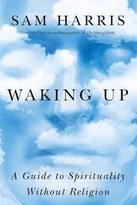 I had heard of Sam Harris from Penn Jillette and Tim Ferriss, and I'm interested in learning more about meditation, so at the end of 2014 I started reading Waking Up, which I recently completed. I liked that it was a refreshingly rational and non-religious view on spirituality and meditation. I also liked that the book asked a lot of deep and interesting questions about the nature of consciousness and the mind and reviewed a lot of interesting scientific studies that showed very weird results about how our brains work (split brain, binocular vision, etc.). It's now pretty clear to me that the mind is not this one massive structure but that it can be divided and work independently in pieces, and we still know so little about it. I didn't like the amount of time the author spent going into the intricacies of the failures of certain viewpoints and how certain authors are charlatans; I got the point quickly enough and thought that some of those sections dragged on a bit. I also didn't find the book to be too practical in terms of changing anything about how I live. My biggest takeaway and new idea (for me) was the separateness of self from consciousness. I still don't have a full understanding of what the author meant by this and how exactly one experiences it in the "right" kind of meditation, but at least now it's an idea I can think more about and explore. |
Archives
June 2024
Categories
All
Subscribe |
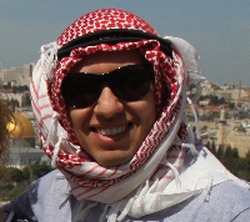
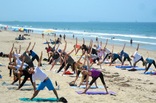
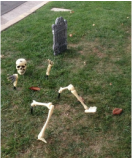
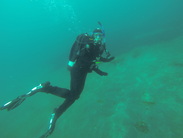
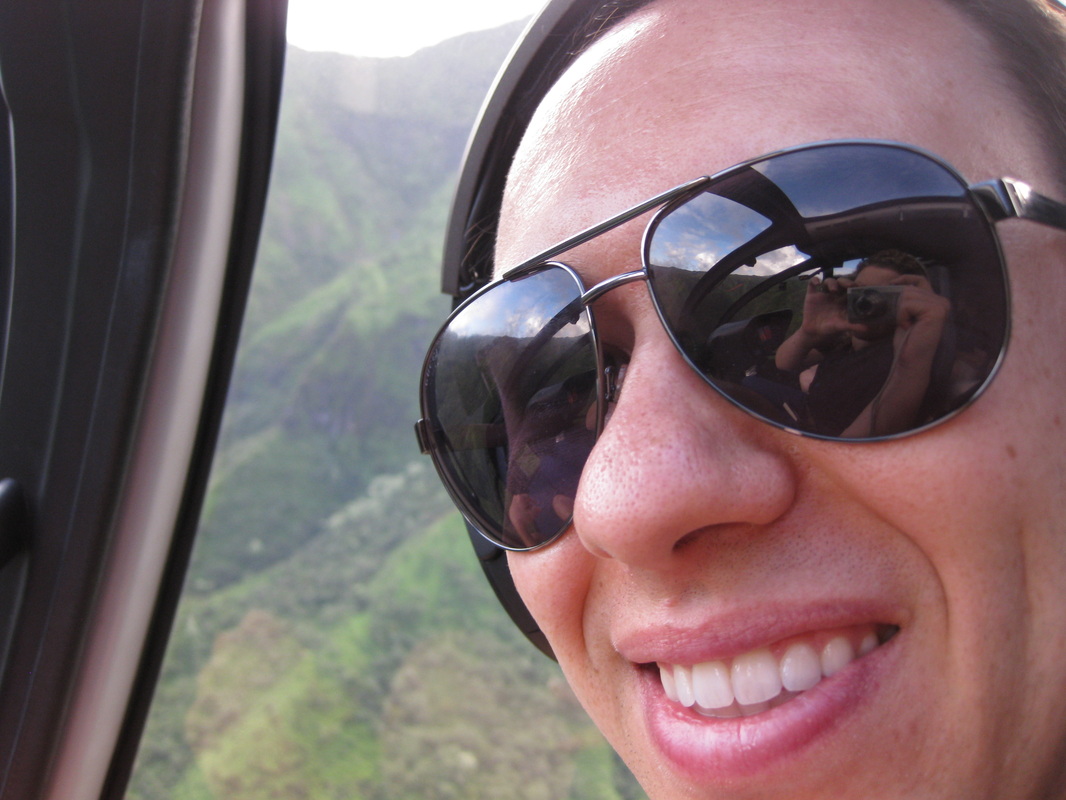
 RSS Feed
RSS Feed
